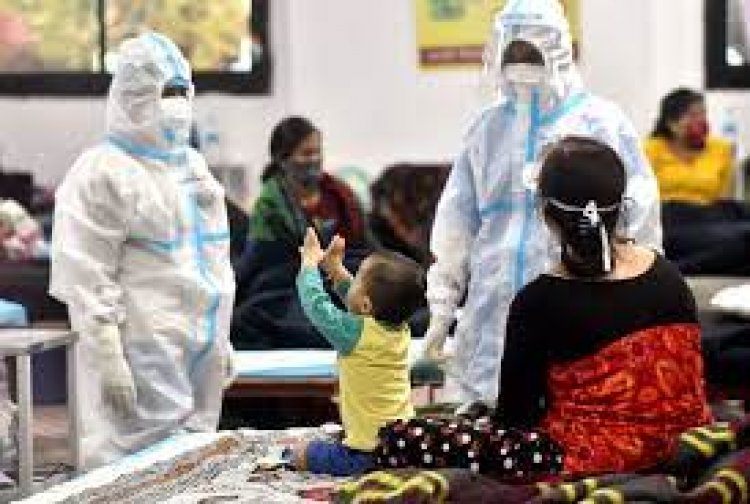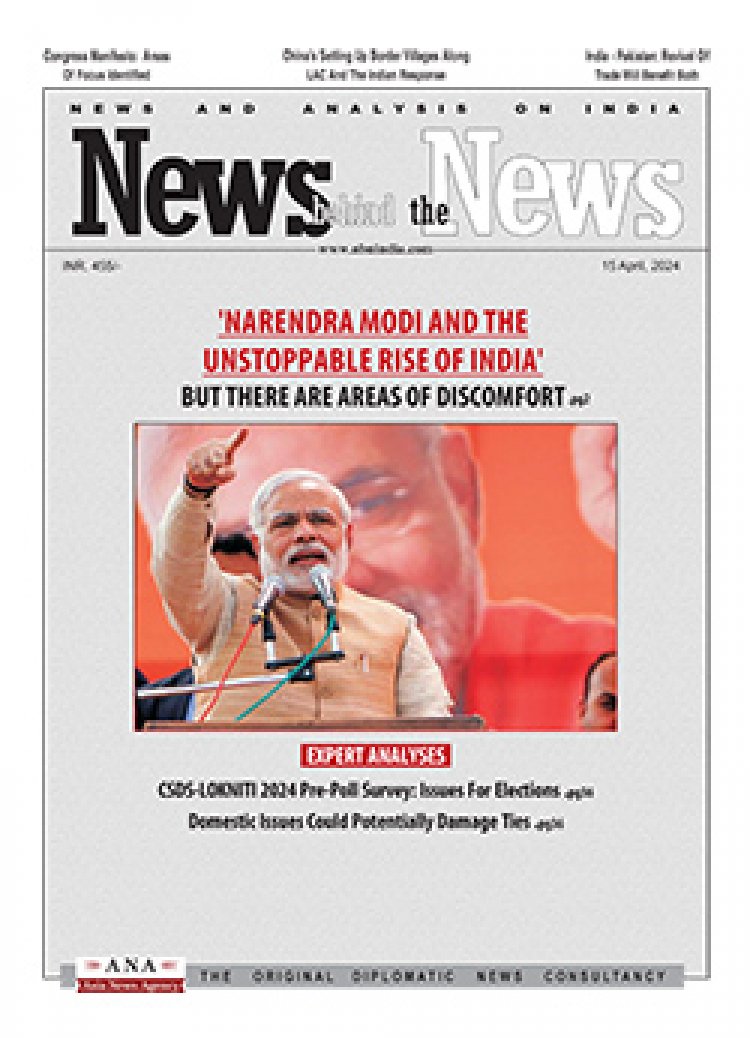Covid-19: India is at ‘War’
STORIES, ANALYSES, EXPERT VIEWS

With close to 350,000 cases and more than 2000 deaths every day, one of India’s most respected army chiefs, who led the country to victory in Kargil, General Ved Malik, tweeted India is at “war”. More than twice the number of Indians are dying due to Covid-19 than were killed in action in Kargil.
Recognising the seriousness of the situation, Prime Minister Narendra Modi has taken personal charge of the situation. In his first address after the second wave of Covid-19, he assured citizens that all efforts are being made to ensure that there is only a minimum impact on the livelihoods of people; that everything would be done to “save the country” from a lockdown and states should use it as a “last resort”.
There was also disappointment. Yogendra Yadav (National President of Swaraj India) however, says PM Modi’s speech was “woefully short on everything people needed, wanted and were entitled to know….Yet, he assured that plans were on to ease the suffering of the people. Significantly, he suggested that state governments must inspire confidence among the workers so that they stay back.
India has never been prepared for a public health emergency
The truth is that the second wave has exposed the glaring inadequacy of health infrastructure. Not only in remote rural pockets but in the heart of the national capital, New Delhi, and financial capital Mumbai.
Covid-19, writes The Hindustan Times “has come home to India’s urban centres, to middle class homes, to the elite, to the working class, in ways that diminish what happened last year when the pandemic first struck. There’s a waiting list everywhere and for everything — for tests, admission to hospitals, even at crematoriums and graveyards……And there is a shortage of everything — oxygen, ICU beds, and remdesivir. And everywhere and for everything, getting care has become dependent on who you know, as public health systems collapse, automatically excluding the majority.”
India, says Bloomberg, “has never been prepared for a public health emergency of the scale of Covid-19. No country has. But the government’s dislocated priorities have left the nation particularly vulnerable.” It is now running short of basic infrastructure including oxygen tanks, ventilators, antiviral medication, hospital beds labs to test the virus etc.
“Public health spending was dismally low to begin with, at just close to 1% of India’s gross domestic product. The country ranks 179th out 189 when it comes to prioritization of healthcare in the government budget. The country’s medical facilities, in the view of Bloomberg “are so inadequate that overall hospitalization rates for the sick are among the lowest in the world: 3% to 4%, compared to an average 8% to 9% in middle income countries and even higher elsewhere…..”
So, a “year on from the beginning of the pandemic. Countless infected people in India have been denied a chance to recover because the government hasn’t built a system that will get them the medical supplies they need.
“The Modi administration will have to do far more than just invoke unity, as the prime minister did in his Tuesday night national address.
“Negligence – individual to bureaucratic — is being blamed for the latest wave. That is true. It’ll be even truer if India doesn't start to go back to the basics of building out its healthcare infrastructure. It’s pointless being the pharmacy of the world when you can’t heal your own people,” concludes Bloomberg.















